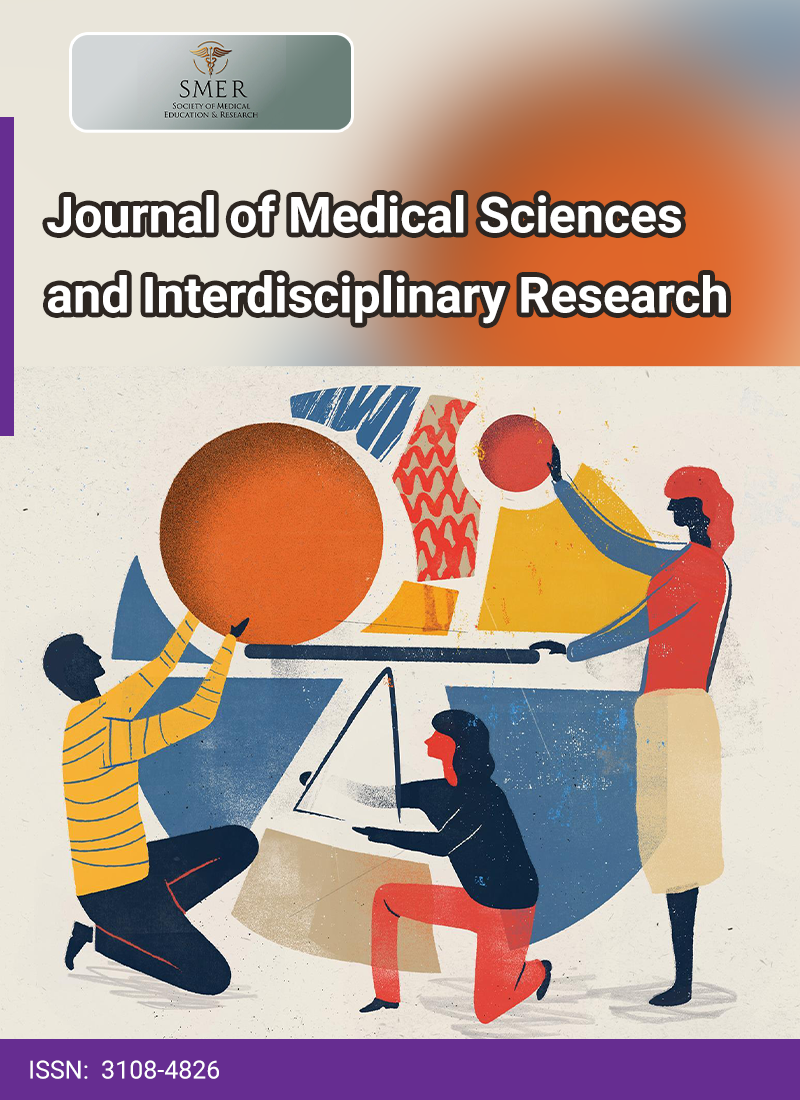
Erdheim-Chester disease (ECD) is an uncommon, multisystem disorder categorized as non-Langerhans cell histiocytosis, with its cause still unknown. It mostly affects middle-aged individuals, with a slight male predominance. Radiologically, the disease is characterized by symmetric sclerotic lesions in the long bones, while histopathologically, foamy histiocytes are found in various affected areas. The diagnosis is confirmed by immunohistochemistry (IHC) with CD68. This case report presents a 60-year-old male from India who experienced cerebellar ataxia, chorea, and autonomic dysfunction. Imaging and histopathological evaluation confirmed ECD with widespread involvement, affecting the CNS, skeleton, lungs, cardiovascular system, adrenal glands, lymph nodes, retroperitoneal area, and perinephric soft tissue. The clinical manifestations are diverse, making it essential to differentiate ECD from other conditions, including Langerhans cell histiocytosis (LCH), multiple sclerosis, neuro-sarcoidosis, amyloidosis, metabolic disorders, Rosai-Dorfman disease, cancer, and mycobacterial infections. Currently, there is no established treatment for ECD, and the prognosis is dependent on the severity and distribution of the disease outside the skeletal system.